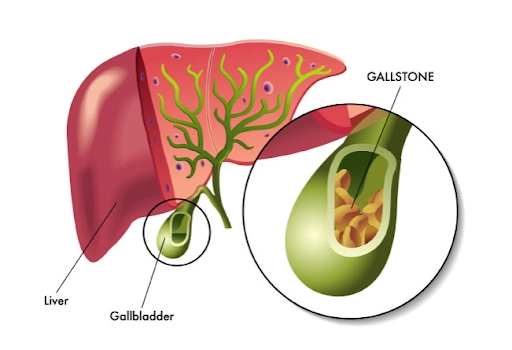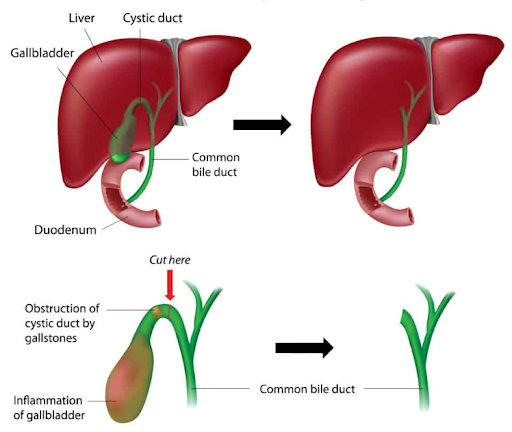Table of Contents
ToggleEverything You Need To Know About Gall Bladder Stone Surgery

Think gall bladder stone surgery is just a minor procedure? Think again. Every year, over 2 million people in India alone undergo this surgery. It’s more than just ‘removing a stone’; it’s a complex procedure that can significantly affect your quality of life.”
Welcome, reader!
If you’re dealing with gall bladder stones, you’re probably swamped with questions and anxieties. The good news? You’re in the right place to get the answers you need to know about gall bladder stone surgery.
When Do You Really Need Surgery?
Gallstones can make your life tough, causing a lot of pain and messing up your daily routine. It’s tempting to ignore these signs, thinking you’re just having a bad day. But your body is trying to tell you something important. So, when should you think about having surgery for it? Let’s get into it.
1. Pain Management
Over-the-counter medicines and home remedies might offer temporary relief, but what happens when the pain recurs, interrupting your daily activities or even sleep? If you find yourself reaching for that painkiller more often than you’d like, it’s a sign.
Your gallstones have likely progressed to the point where medication alone can’t alleviate the pain. Chronic pain can also lead to psychological distress, affecting your mood, productivity, and overall well-being.
2. Recurrent Infections
Some people mistake gallstone symptoms for regular digestive problems. A bit of nausea here, some bloating there—it’s easy to dismiss. However, when these symptoms persist or escalate, they often indicate recurrent gall bladder infections.
Each infection scars the gall bladder a little more, making it less effective and more prone to future infections. An infected gall bladder can also spread the infection to other organs.
3. Complications
Preparation Of Surgery Like a Pro
1. Medical Tests
First up, you need to take some tests. Why? To make sure you’re good to go for surgery. These are usually blood tests and pictures of your insides, like ultrasounds. Sometimes, they might even ask you to do an MRCP (Magnetic Resonance Cholangiopancreatography). It sounds like a lot, but it’s pretty standard stuff. Think of it like a car getting a check-up before a long trip.
2. Discuss With Your Surgeon
Quick Tip
Feel like you’re ready? Hold on a second, there’s more to know. It’s not just about what happens in the hospital. How you prepare at home counts too. Make sure to rest well, eat the right food, and follow all the doctor’s advice. They’re the pros; they know what’s best for you.

Various Surgeries Use To Fix Gall Bladder Stones
1. Laparoscopic Cholecystectomy
2. Open Cholecystectomy
3. Robotic Surgery
This one sounds like it’s from the future, but it’s happening right now! In this method, a surgeon uses a robot to help with the operation. The doctor is still in control but uses the robot for more precision. If you’re wondering why that’s cool, it’s because robots can be more exact and make even smaller cuts. This means you could heal even faster.
What to Do After Surgery
How to Feel Better
Got Pain or Fever? Call Your Doctor

One More Thing to Remember
Conclusion
Choosing to undergo gall bladder stone surgery is a significant step. It’s not just about the physical process, but the emotional weight it carries.
But you don’t have to go through it alone. At Dharamveer Solanki Hospital, we prioritize your well-being and provide high-quality, relevant care. Our focus is not just on surgical success but also on enhancing your overall quality of life. Trust us to be your healthcare partner; we’re committed to helping you get back to your best self.

Dr. Pankaj is an eminent surgeon with an experience of more than 8 years in General and Minimally Invasive Surgery. He did his fellowship in Minimal Access Surgery from AMASI and completed his Diploma in Minimal Access Surgery from AMASI university. He has worked at various government and private hospitals. He has exceptional skills in performing general surgeries. He displays brilliant decision-making capabilities especially during emergency situations.
